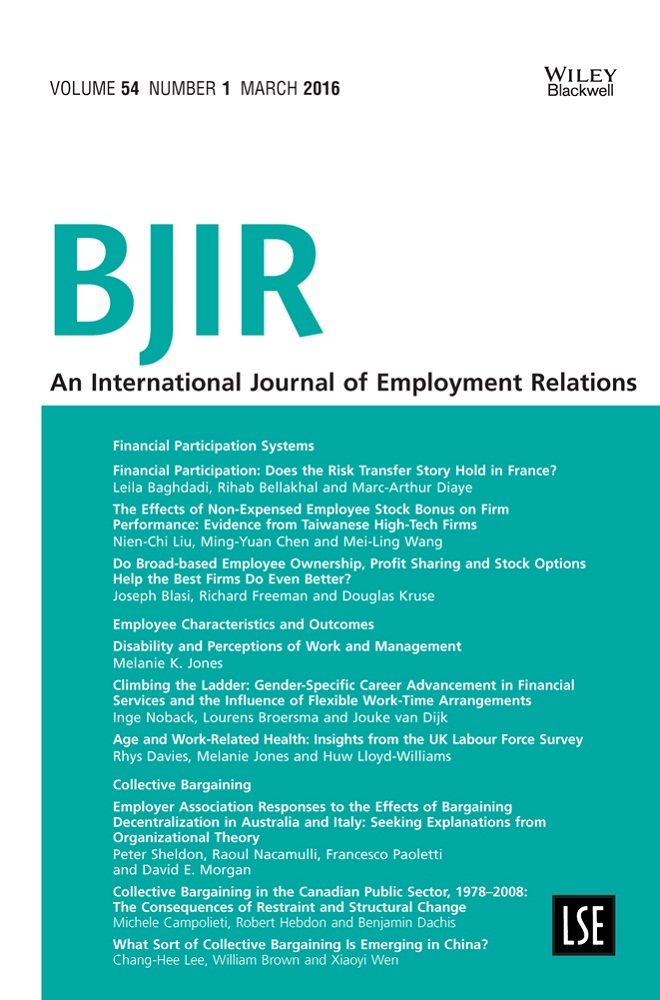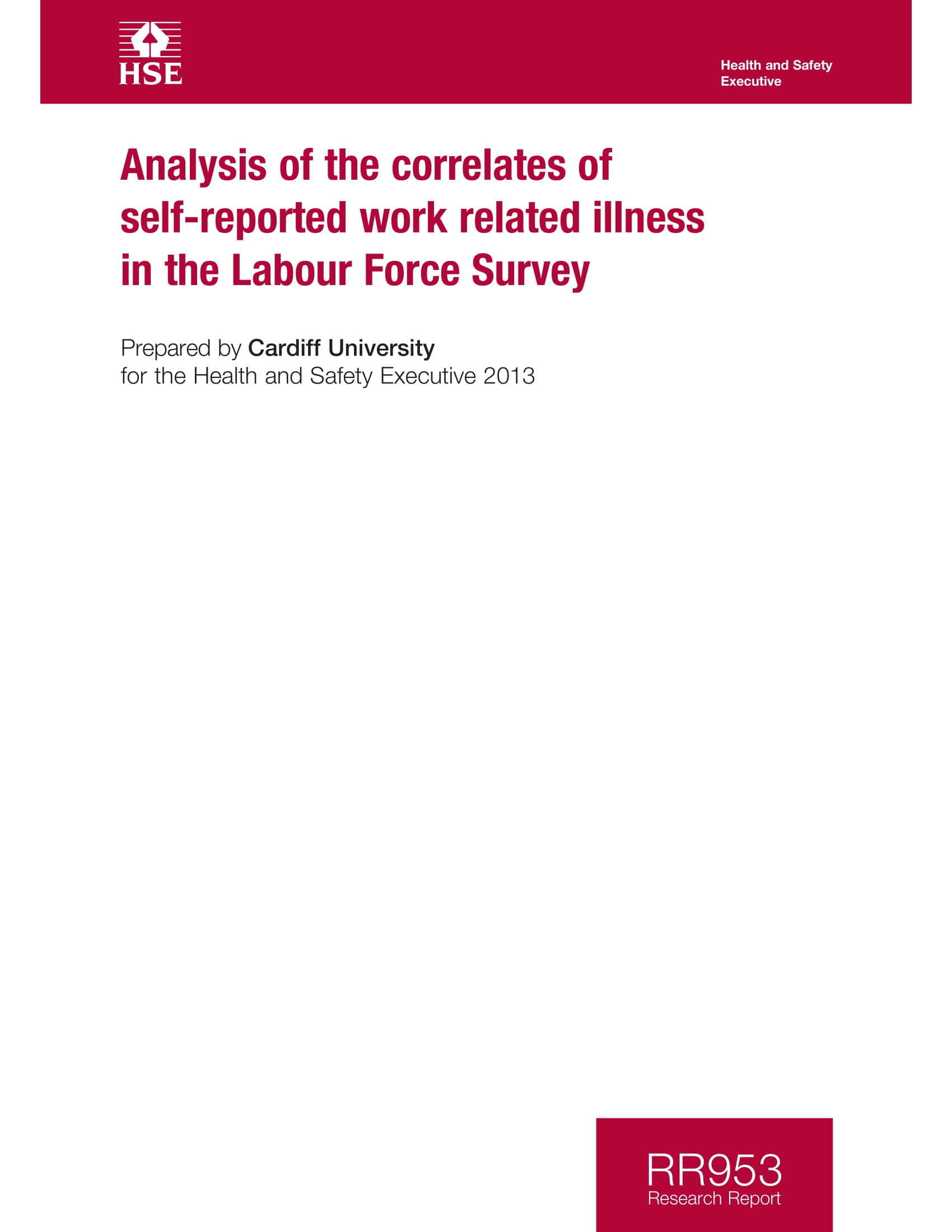Mae'r cynnwys hwn ar gael yn Saesneg yn unig.
Overview
Work has long been acknowledged as an important social determinant of health with research being conducted as to how a range of workplace, personal and job characteristics influence occupational health. Recent research has demonstrated the importance of the economic environment in terms of understanding movements in rates of workplace injury, both in terms of changes in the industrial and occupational composition of employment and the location of the economy within the business cycle.
This report builds upon this evidence to provide an analysis of work related ill-health within the United Kingdom based upon data from the UK Labour Force Survey (LFS). The objectives of this research were to gain a better understanding of how personal, workplace and job characteristics impact upon health and in turn, how changes in the labour market contribute to our understanding of observed changes in work related ill-health within the UK and to reflect on the relative strengths and weaknesses of the LFS as a mechanism for collecting data on the incidence of work related ill-health.
This project aimed to study the predictors of positive response to the Self-Reported Work-Related Illness question in the Labour Force Survey (LFS) and whether these are stable over time and across population sub-groups. In the light of these findings, the study assessed the reliability of Self Reported Work-related Illness (SWI) responses as a measure of occupational (ill) health.
The research programme aimed to gain a better understanding of how work impacts upon health and how these relationships contribute to our understanding of observed trends. The topic of work related ill-health is important in the context of high rates of illness/incapacity benefit claimants observed within Wales.





